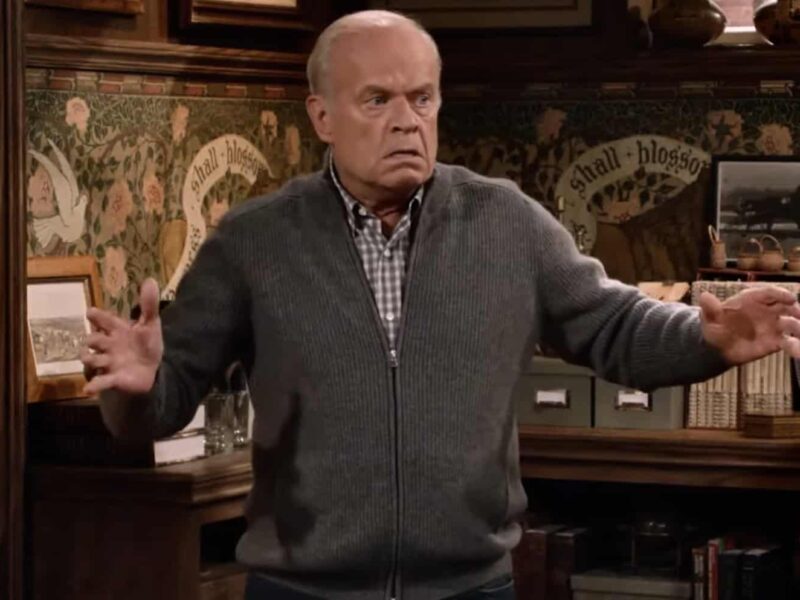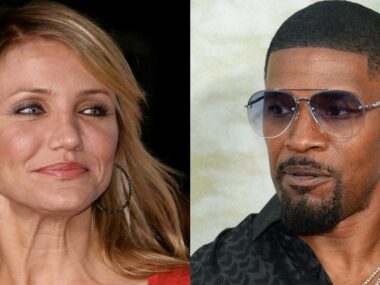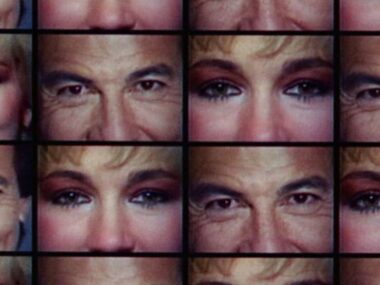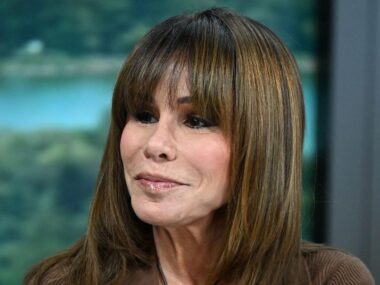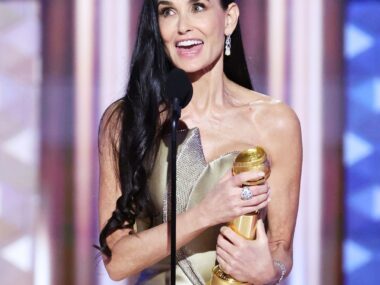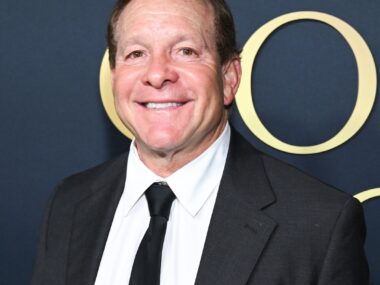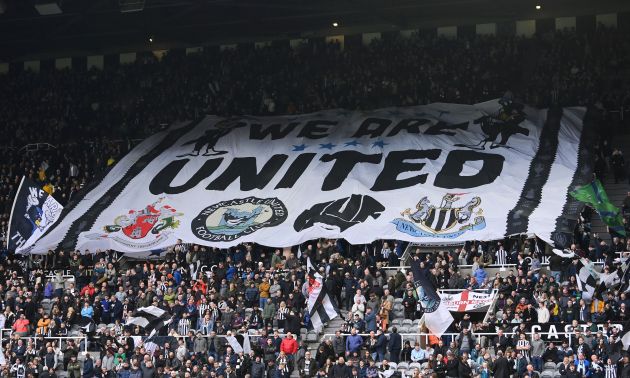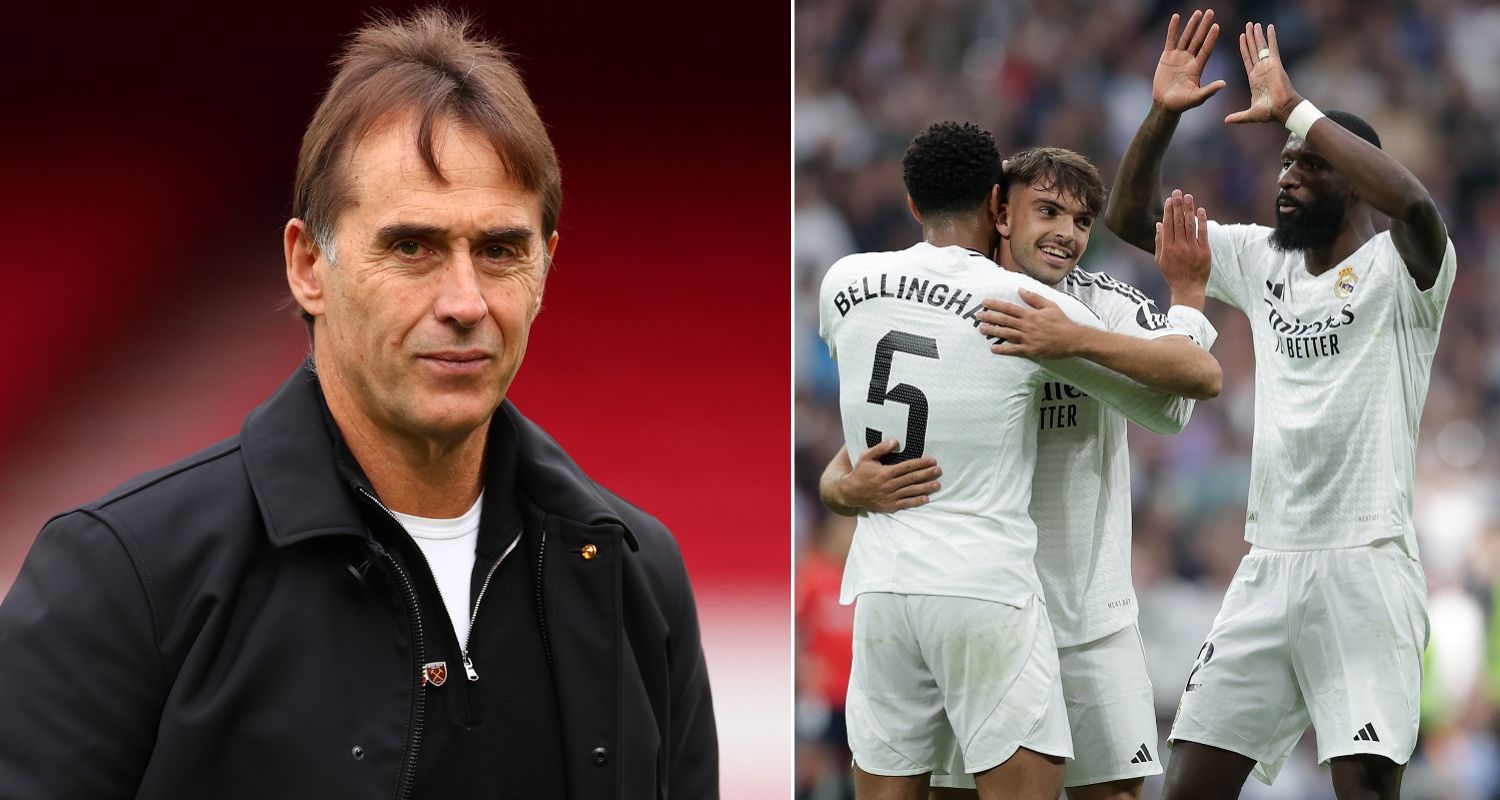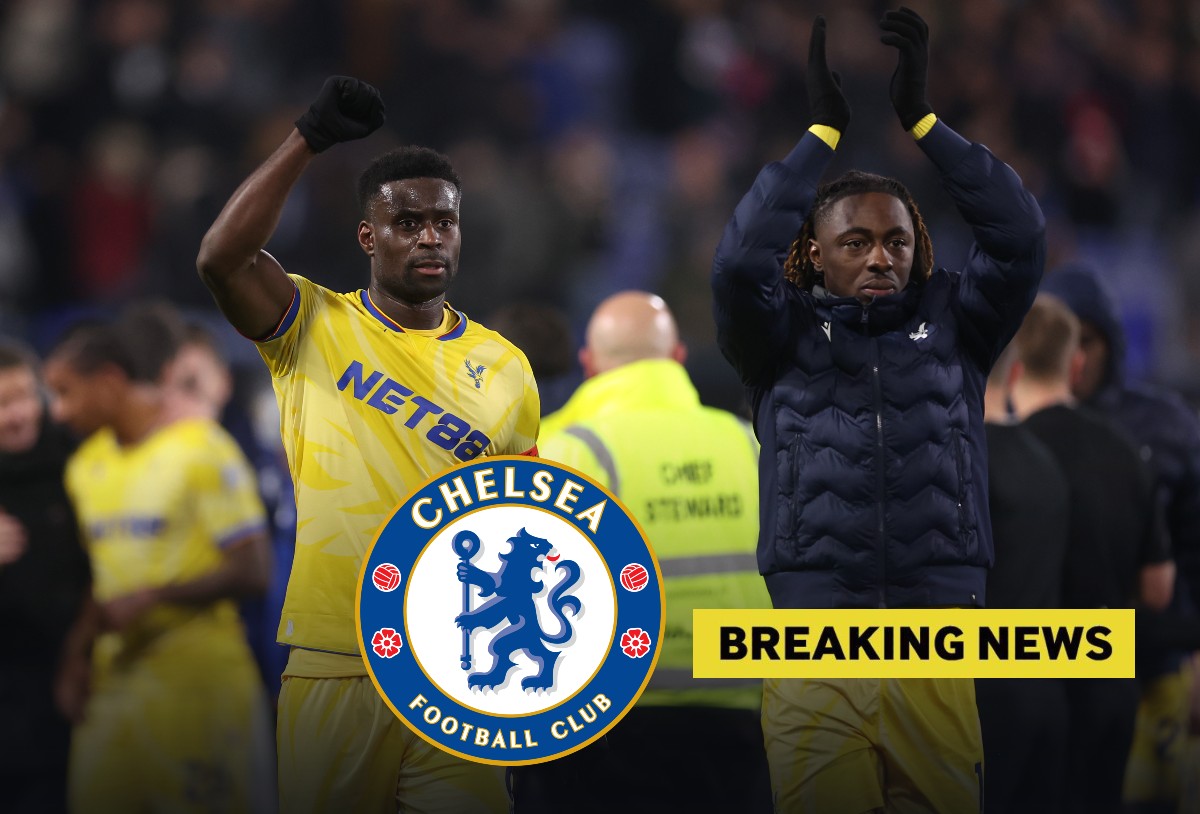The author Chris Snelgrove
| Published
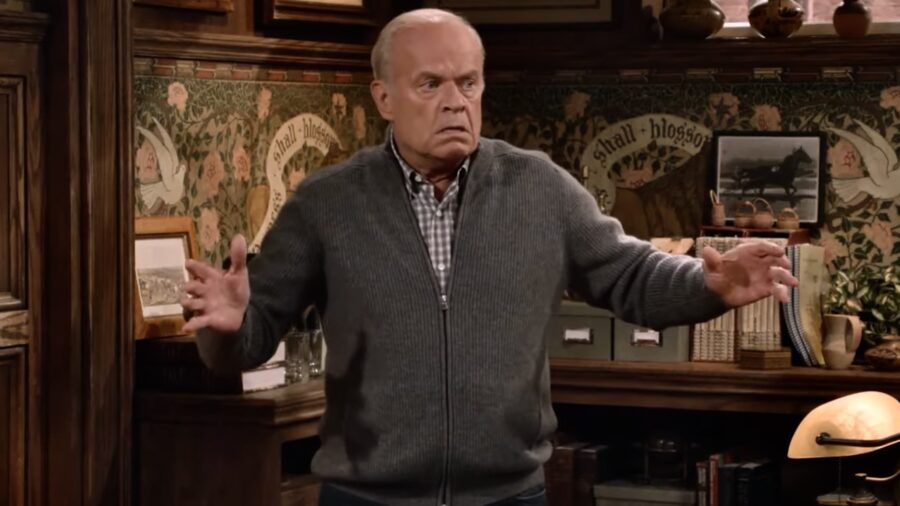
In the waning months of December, I find myself engaging in my regular holiday tradition of watching Christmas episodes of my favorite sitcoms. Thanks to Hulu curating holiday episodes (why are they the only major streamers that do this?) it was easy enough to find the right episodes and I ended up watching them all FraserChristmas episodes. They were somehow even better than I remembered, but like Lilith's arrival at the Christmas party, one thing spoiled my enjoyment: remembering that Fraser the reboot is relatively terrible and may be the best example of a bad TV revival.
Frasier reboot storyline
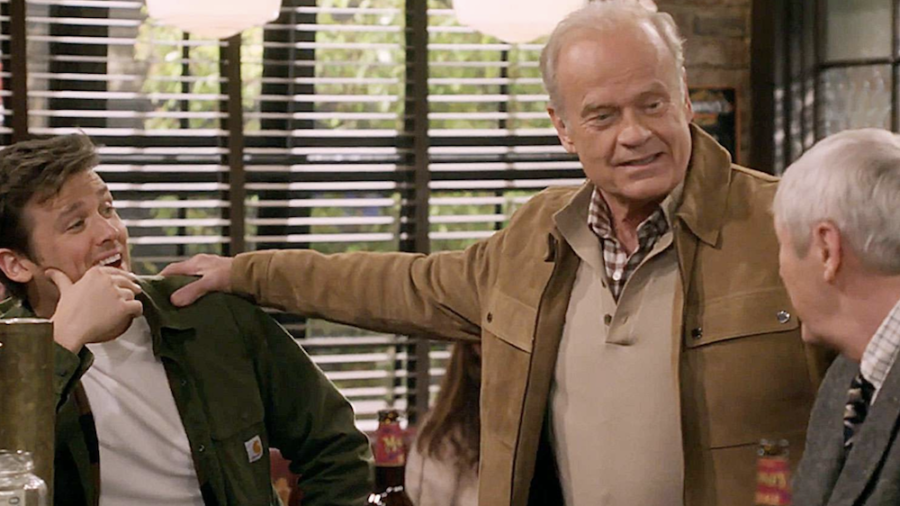
If you haven't had the dubious pleasure of experiencing Fraser reboot yourself, here's everything: We begin with our titular hero at a crossroads after his father's death, Charlotte abandoning him, and his Dr. Phil's talk show is ending. He decides to start over, moving back to Boston to start a new faculty position at Harvard while reconnecting with his son. However, everything from the difficulty of settling into his new job and finding a common culture with his firefighter son is a constant reminder that even though Fraser has gotten older, he hasn't necessarily gotten wiser.
Why is it bad?
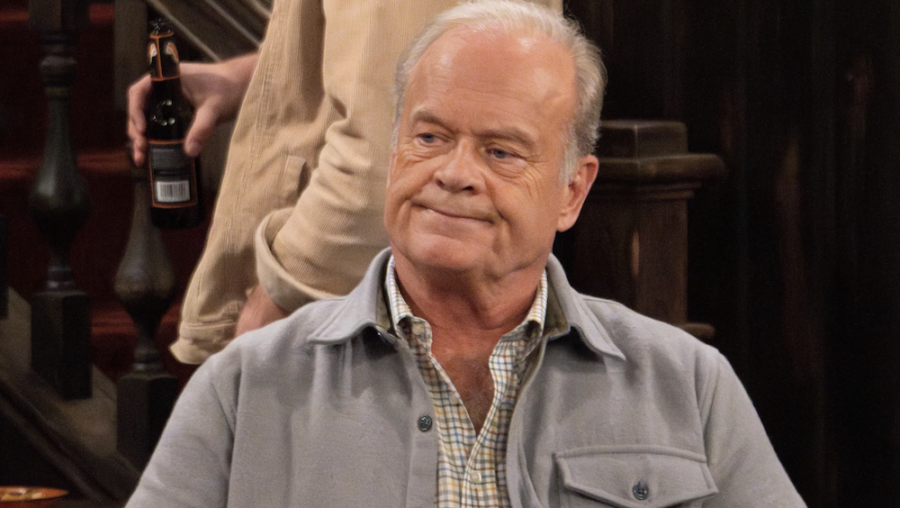
Since this recap is gone faster than Eddie runs out of the bathtub, why do I think that Fraser reboot is the best example of a bad TV revival? The first, and perhaps the main reason, is that the revival's main cast is missing literally all of the ensemble characters that made the original show a hit. Returning characters are mostly played out in small cameos, leaving audiences with a new cast of characters that just aren't as entertaining or engaging as the previous ensemble.
It's not the actors fault. The cast as a whole is talented, but equally original Fraser writer Ken Levine explained on Hollywood & Levine that none of the characters in the reboot, other than his son, have any real connection to Fraser himself. It also includes fellow Harvard professor Alan Cornwall, who is said to be a “best friend” but was “never once mentioned” In pleasure or Fraser. That's a great point, and the longer he talked, the more I realized that the many problems with the show's characters are what continue to unravel (both narratively and comedically) in what could be a stellar reboot.
Levine's breakdown also includes Eve, a new mother who lives with Frazier's son after her firefighter boyfriend dies. Levine suggests that we need to ask ourselves an important question about her character's story: “What does this have to do with Frasier?” He then asked if it would be possible to “lose that character” before confidently answering his own question: “Of course it could.”
The final Frasier reboot character Levine set his sights on was Olivia Finch, Frasier's dean at Harvard, who is eager to hire a major celebrity to teach at the university. The writer asked the big question: When it comes to a university as prestigious as Harvard, “what do they give a ***” about hiring big-name faculty who would only be relevant to “a very small college, a manufactured Middlebury University.” “. Her obsession with celebrity status also makes it difficult to answer “what's her role?” when it comes to leading Frazier.
It actually gets better
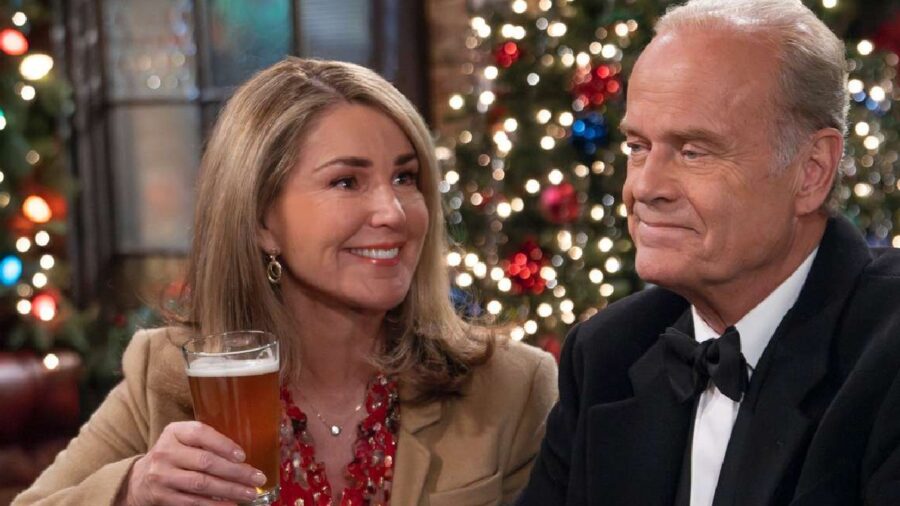
Reading his thoughts felt like a revelation. Frankly, I felt a bit like Frasier himself when I was talking internally about the new series, and Levine came in as Martin to talk some sense into me. An ensemble performance is by definition nothing without its characters and Fraser a reboot always succeeded or failed based on the strength of its characters. But comparing the old Fraser until the new reboot, it's easy to see that the new show's characters were failing on all fronts.
However, everyone Fraser's missteps didn't stop the reboot from getting a second season, and this season has (to be fair) managed to flesh out the existing characters while bringing back original fan-favorite Rose Doyle. While Season 1 was the best example of a revival of bad television, Season 2 seems like the show is finally moving in the right direction (if very slowly and still with some pretty awkward characters). And that leaves us with a moral worthy of a classic Fraser Christmas Episode: It's never too late for even the worst of us to work to become better.
Source link

